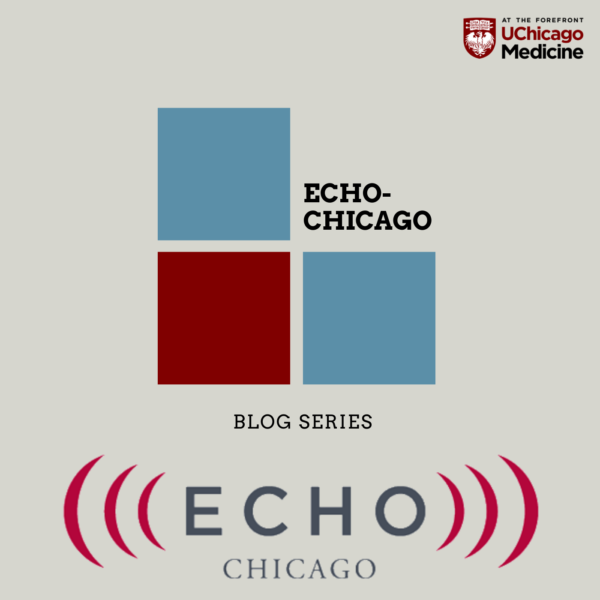Opioid Use Disorder: A Patient Voice

Over the past several years, the media has shown again and again the impact and pain of our country’s opioid epidemic which claims a reported 130 lives every day[1]. In this crisis, countless healthcare professionals—doctors, nurses, physician assistants, social workers, counselors, addiction specialists— are working hard to help those affected recover in a meaningful and lasting way. Against this backdrop, we’re proud of our ECHO-Chicago Opioid Use Disorder (OUD) series where providers are trained in harm reduction, motivational interviewing, medication-assisted treatment (MAT), and trauma-informed approaches to care around the issues of opioid use and recovery. Led by Beth Dunlap, MD, George Weyer, MD, and Kimberly Watts, LCSW, CADC, our OUD series—currently on its fifth cohort—has trained 77 providers at 27 health care clinics across 6 states.
One of the most impactful parts of this series, however, does not come from our subject matter experts, but instead comes from our patient voice segment, featuring a person who has experienced the opioid epidemic firsthand. During one session each series, a person who has lived with OUD comes to speak to the group to share their story and answer questions about how participating providers can best connect with patients and provide care. With permission, one such story is shared below:
“I was first introduced to opiates when I was 15 with a prescription to reduce the pain of a broken back. My parents both died when I was young, and I quickly learned that opioids also took away the emotional pain I was feeling so deeply. Eventually this led to fentanyl and heroin use as well. My addiction continued for years; at its worst, I broke my own hand so that I could get more opioids from the hospital. I realized that if I didn’t get help, I would die by overdose, either accidentally or purposefully. Homeless and without any family or support, I went to my local Emergency Room and asked for the help I needed to stay alive. Knowing that it would be harder to stay sober surrounded by all the people and places that were enmeshed with my addiction, I asked to go through detox and treatment somewhere new and was subsequently transferred to a treatment facility in Chicago.
During that terrible withdrawal period, I was started on buprenorphine—my miracle drug—which helped reduce the symptoms I was feeling and kept my cravings at bay. In the Emergency Room, I was also given the phone number for my current doctor. With the help of my ECHO-affiliated doctor and her harm-reduction-focused team, I continued my buprenorphine treatment and moved temporarily into recovery housing. I was also treated for the two strains of hepatitis I was infected with during my years of drug use.
The past 2 years—my years in recovery—have been the best in my life. I got married, have a great job, own two cars, live in a safe home, and am active in my church community. I believe recovery happens when there’s a true will to change and the support of a doctor like mine who develops an open, caring relationship with her patients and treats them as equals in the recovery process.”
[1] https://www.drugabuse.gov/drugs-abuse/opioids/opioid-overdose-crisis
Back to Updates
 Register
Register
